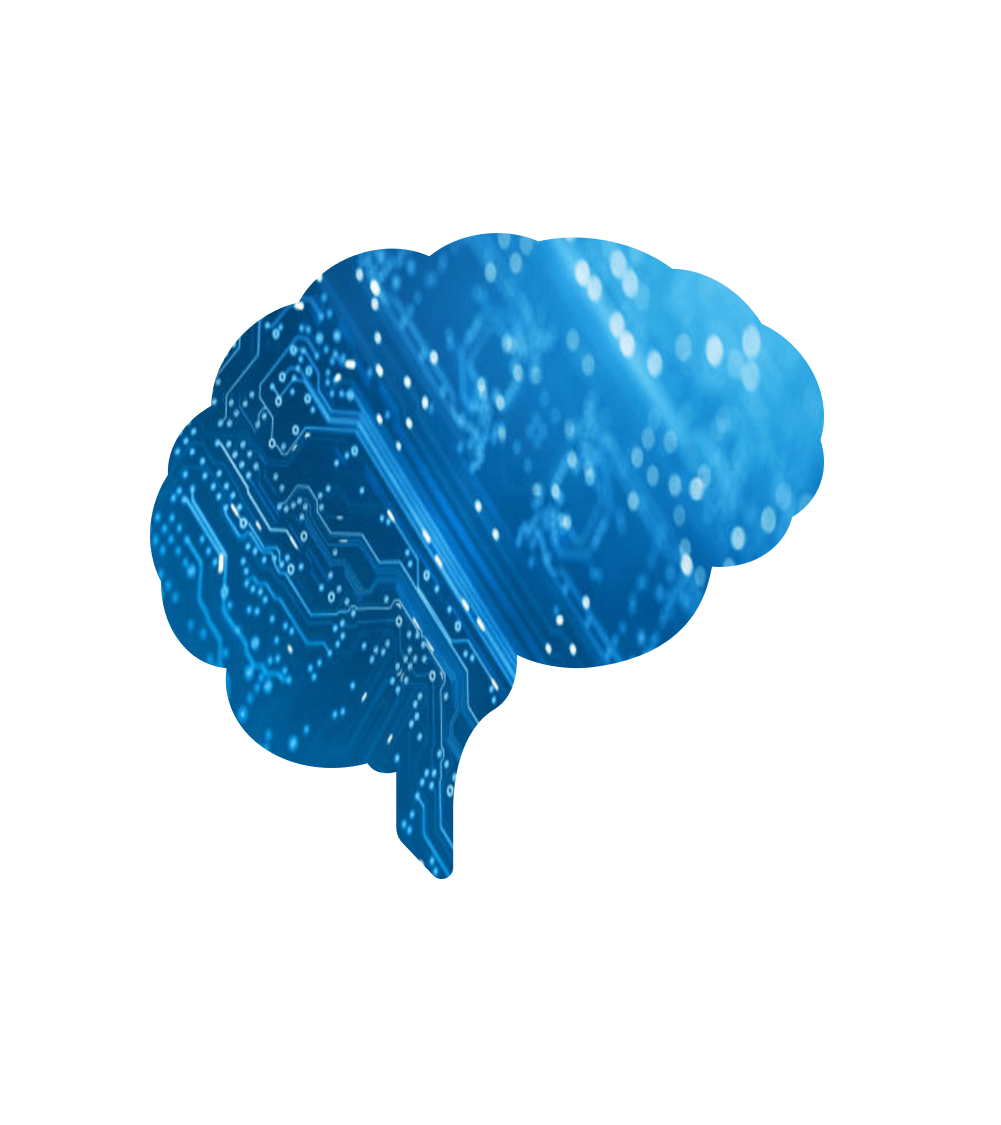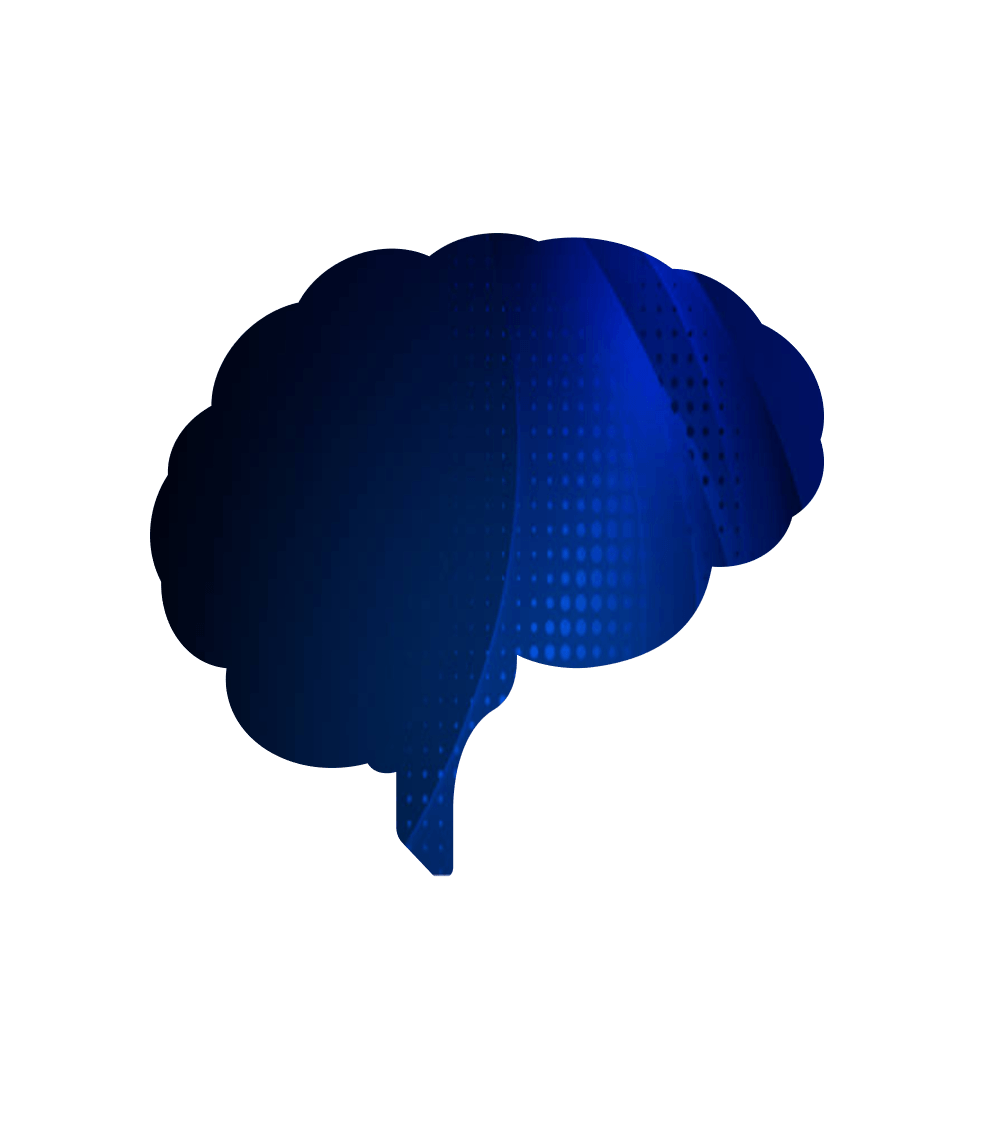MACHINE LEARNING
Eliminate Silos. Enable Scale. Forecast Future Results
Retail
Personalize Engagements with Computer Vision. In-Store Location Analytics for product placement for improved up-selling and cross-selling.
FinTech
Reduce OpEx with process automation. Increase profits with better user experience. Reinforce security and have more robust compliance.
Healthcare
Improve outcomes and claim processing. Enhance Personalized Medicine. Accelerate Drug Discovery. Identify suitable candidates for clinical trials.
Smart Cities
Face detection & movement analysis for Public Safety. Traffic management. Smart waste management. Autonomous flying objects for aerial monitoring.
What is Machine Learning?
As Machine learning is the process that powers many of the services we use today. It is a sub-set of artificial intelligence (AI) focused on building applications that learn from data, identify patterns, and improve their accuracy over time without being programmed to do so. While AI is the broad science of mimicking human abilities, machine learning is a specific subset of AI that trains a machine how to learn.
Machine Learning is a great technology to solve today’s challenges given the growing volumes and varieties of available data, computational processing that is cheaper and more powerful, and affordable data storage. Machine Learning can be used in many fields to gain a competitive advantage, with solutions like:
- Customer Lifetime Value Prediction
- Product Recommendations
- Financial Analysis
- Medical Diagnosis
- Predictive Maintenance
- Image Analytics
- Improving Customer Satisfaction
Life Sciences
Driving Efficiencies across the Drug Development Lifecycle
Advances in Machine Learning, combined with the increasing availability of healthcare data offers Life Sciences firms a wealth of insights and the promise of a competitive advantage with the ability to drive healthcare forward. Applying deep learning to Genomics, Microscopy, Drug Discovery, Clinical Trials provides evidence-based insights that can reveal complex patterns like those found in patient behaviors, health outcomes, prescription, and adverse events, that were previously undetected.
Machine Learning can help advance R&D for NMEs, accelerate Drug Development, and drive efficiencies, transparency, and compliance in Clinical Trials.
Clinical Trials
Identify patterns to help researchers create dynamic patient cohorts
Accelerate Drug Discovery
improve retargeting efforts by analyzing large cohorts of DNA sequence data along with other biomedical and imaging datasets.
Commercial
Optimize interactions with Clinicians. Incorporate Patient Voice in Product Iterations.
Provider
Empowering Clinicians to Deliver Better Patient Experience
Machine Learning can identify meaningful relationships in raw data and has the potential to be applied in almost every field of medicine, patient care, and financial and operational decisions. For example, hospital patient flow is complex and has many moving parts. Machine Learning delivers predictive models to improve it.
AI-enabled tools can extract relevant information from large amounts of data and generate actionable insights that could be applied to areas such as critical care and treatment modalities. It can help clinicians gain insights into diagnostics, care processes, treatment variability and patient outcomes. Machine Learning can help identify at-risk patients in the ICU and predict what treatment procedures are likely to be successful with patients based on their make-up and the treatment framework.
Treatment Insights
Better predict and treat conditions such as surgical hypotension
Contextual Relevance
Identify contextually relevant information for individual patients.
Patient Risk Identification
Predict patient falls using health records, nurse call data, and bed alarms.
Payer
Power to Predict Outcomes More Accurately
Machine Learning helps Payers better predict the future by deriving more value from data. Traditional healthcare payer business models are under pressure, accelerating the need to modernize operations and improve member experience.
Machine Learning helps keep customers satisfied and insurance rates affordable by giving unprecedented insight into the company’s business – helping make better decisions, faster. With Machine Learning Payers can evaluate and prioritize actions that will have the most impact on the bottom line—before spending time and resources.
Claims Processing Automation
Automate claims adjudication
Early Intervention
Predict Health Events and intervene to provide early preventive care, to reduce costs.
Identify Fraud
Reduce fraudulent waste with automated audits.
Financial Services
Capitalize on Data. Profit from Exciting New Services.
After years of incremental change, banks must plan for a fundamental rethink of operations in order to thrive in a rapidly digitized and data-driven world. Business changes all the time, but the current economic and societal factors have come into play with the COVID-19 pandemic. Advances in today’s technologies can accelerate the pace of change.
With Machine Learning, FinTech has an opportunity to shake things up by harnessing new technologies to develop enhanced solutions for customers and strengthen customer relations. See clearly through large complex data challenges and shift from delivering generalized products to tailored services- claims automation, credit scoring, financial advisory, fraud detection, to name a few.
Automated Loan Approvals with Lower Risk
Increase market share against P2P, automate credit scoring. Analyze aggregated data.
Fraud Detection
Evaluate enormous data sets of simultaneous transactions in real time.
Regulatory Compliance
Detect correlations between guidelines. Track and monitor regulatory changes automatically.
Retail / CPG
Transform The Customer Experience
The complexities of omnichannel integration, personalizing the customer retail experience, and running agile supply chains are all squeezing margins. Sales promotions are on the rise, and retailers are struggling to make better predictions to control spending and increase returns.
Consumers enjoy more product options, price points, and purchasing modes than ever. The challenge for retailers is the unprecedented level of customer expectations and fending off competition from all angles. Consumers are sharing more information about themselves, but without an effective way to analyze data, the information just isn’t actionable. Machine Learning can help reduce customer churn, improve demand forecasts, optimize deliver routes, and leverage dynamic pricing.
Product Usage and Retention Forecasting
Improve Product Level analytics and customer retention.
Pricing Optimization
Ensuring business success and profitability by understanding patters from data.
Virtual Assistants
AI-powered assistants to upsell and cross-sell products.
Smart Cities
Innovation for a More Liveable Future
We are witnessing a dramatic global rise in urbanization, resulting from an overall population increase that's unevenly distributed by region, and an upward trend in people flocking to cities. This has increased challenges in administration and management of cities. Smart cities are being developed to provide a better lifestyle to the population by adopting modern technological advancements.
Only a small fraction of the massive smart city data collected is utilized, as the data generated is noisy and diverse. Machine Learning has the ability to handle such large volumes of messy, error-prone data. It can be utilized in many applications, such as in healthcare, pollution preventive measures, efficient transportation, better energy management, and enhanced security provisions.
Intelligent Security Cameras
Real-time pattern recognition to fight crime in public areas and schools.
Parking Systems
Computer Vision Parking Systems using pixel detection for space availability,
Reducing Air Pollution
Monitor & Predict Air Quality Issues from factories and traffic congestion.
Select Machine Learning Applications...
AI / ML Expertise for Smart Enterprises
Gain critical insights and prepare for future business challenges by leveraging your data expertly and profitably. Implementation of solutions based on Machine Learning bring many benefits.
At Xenolytix, we help our clients implement smarter solutions to their business problems. Together we open up new AI opportunities that can – in a very real way – change the future. Our Machine Learning software development services involve creating self-learning algorithms that can minimize errors and maximize accuracy with time. We immerse ourselves in your business processes and industry specifics to discover the main problems and offer solutions to them.
Machine Learning FAQ
Got a question? We’re here to help.




















